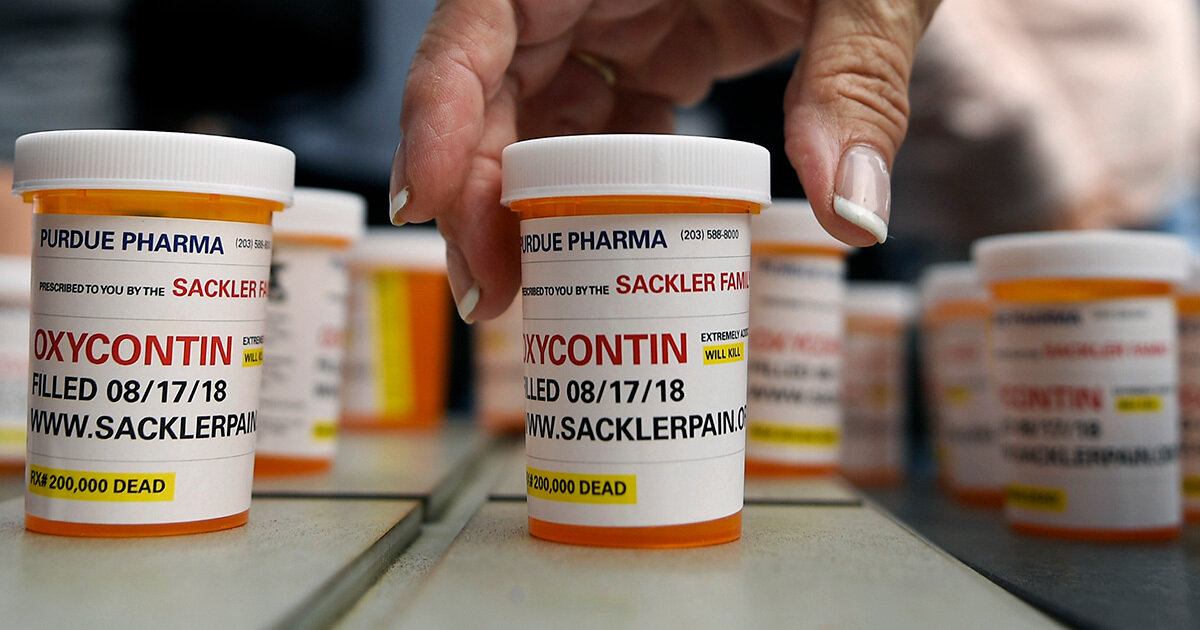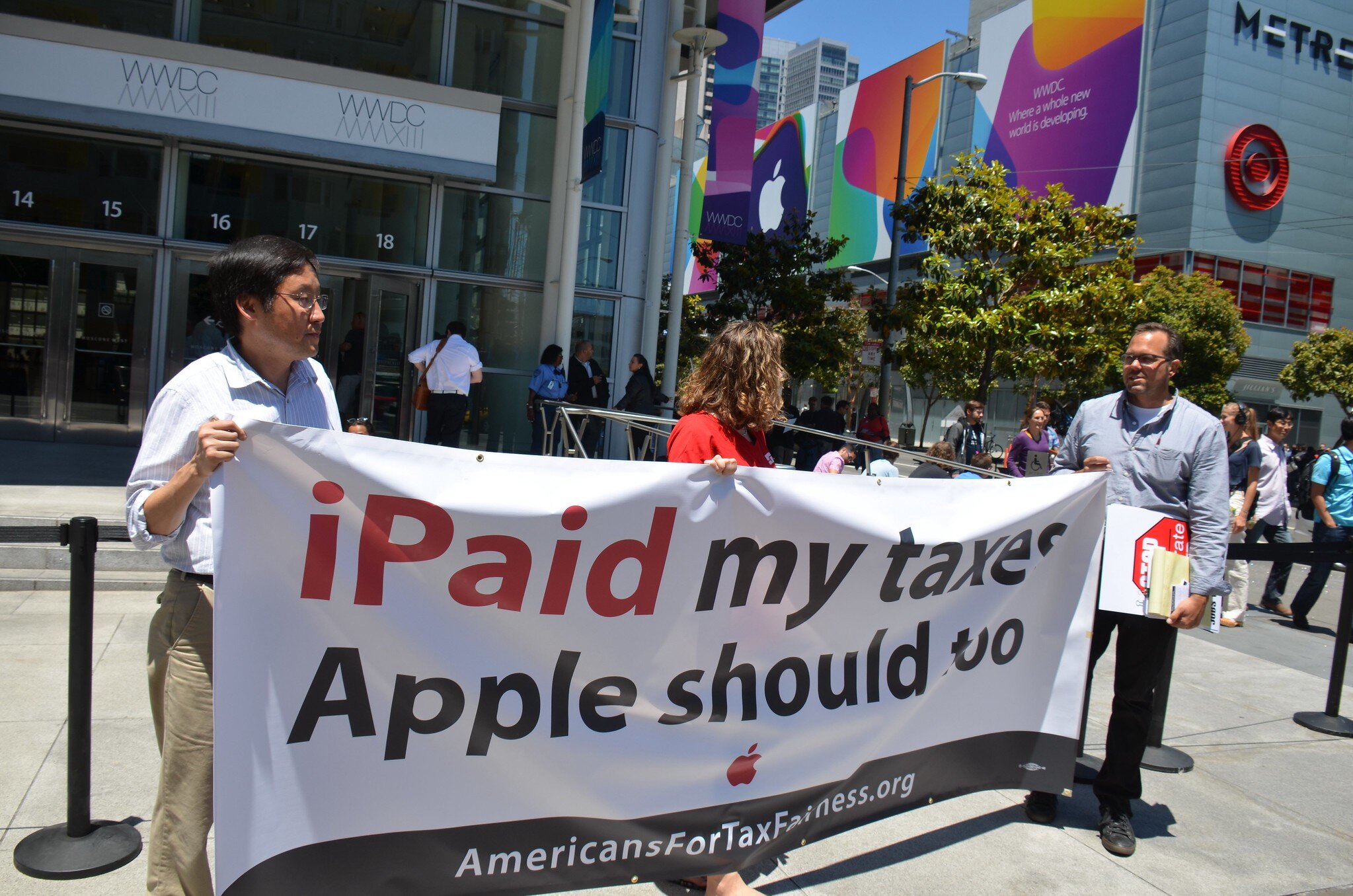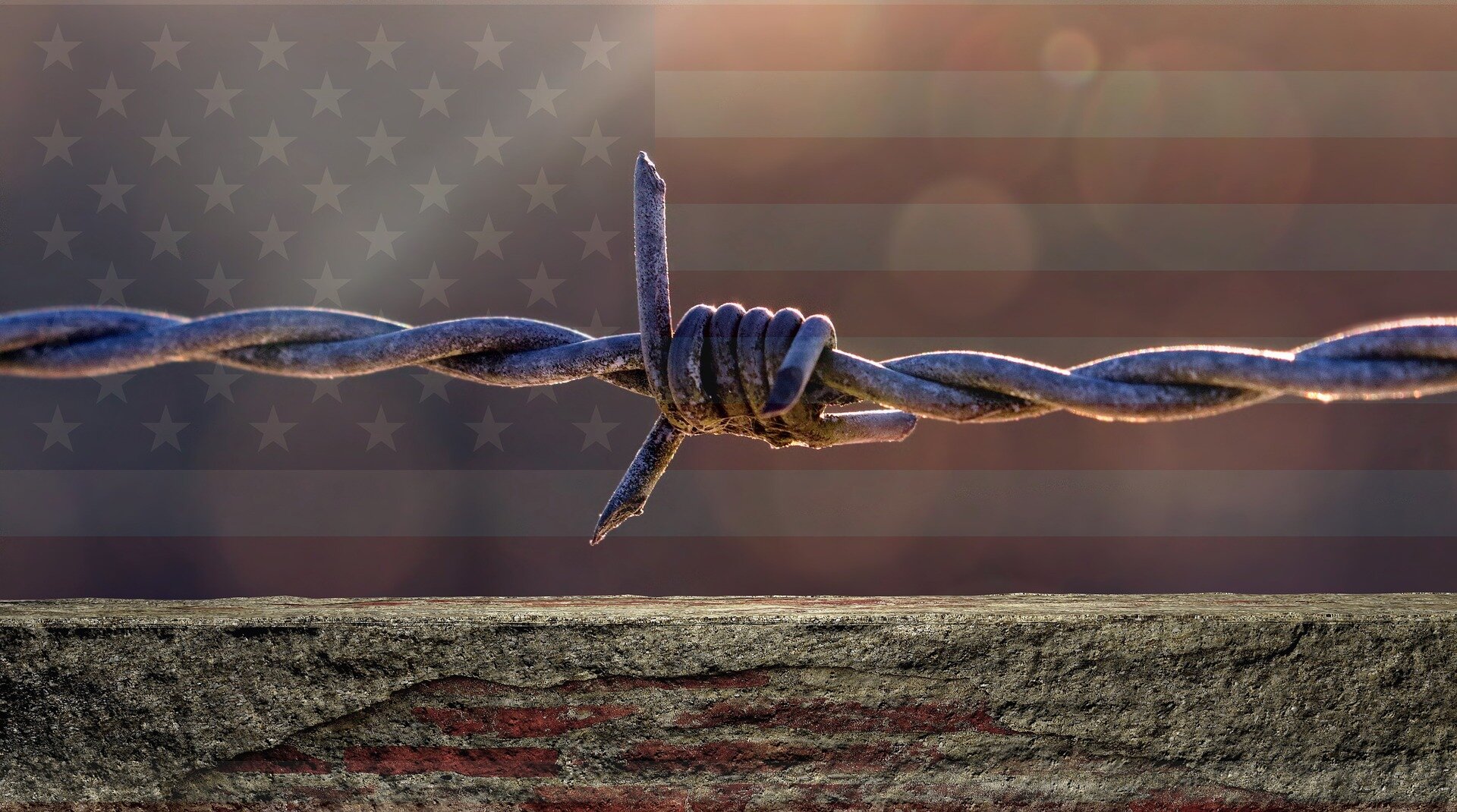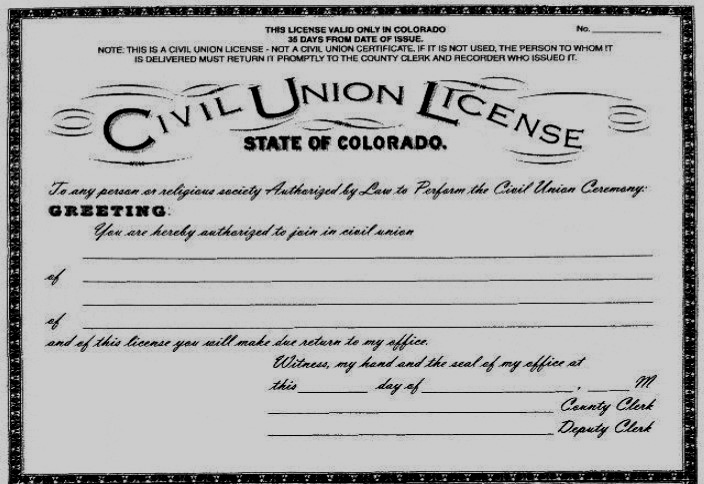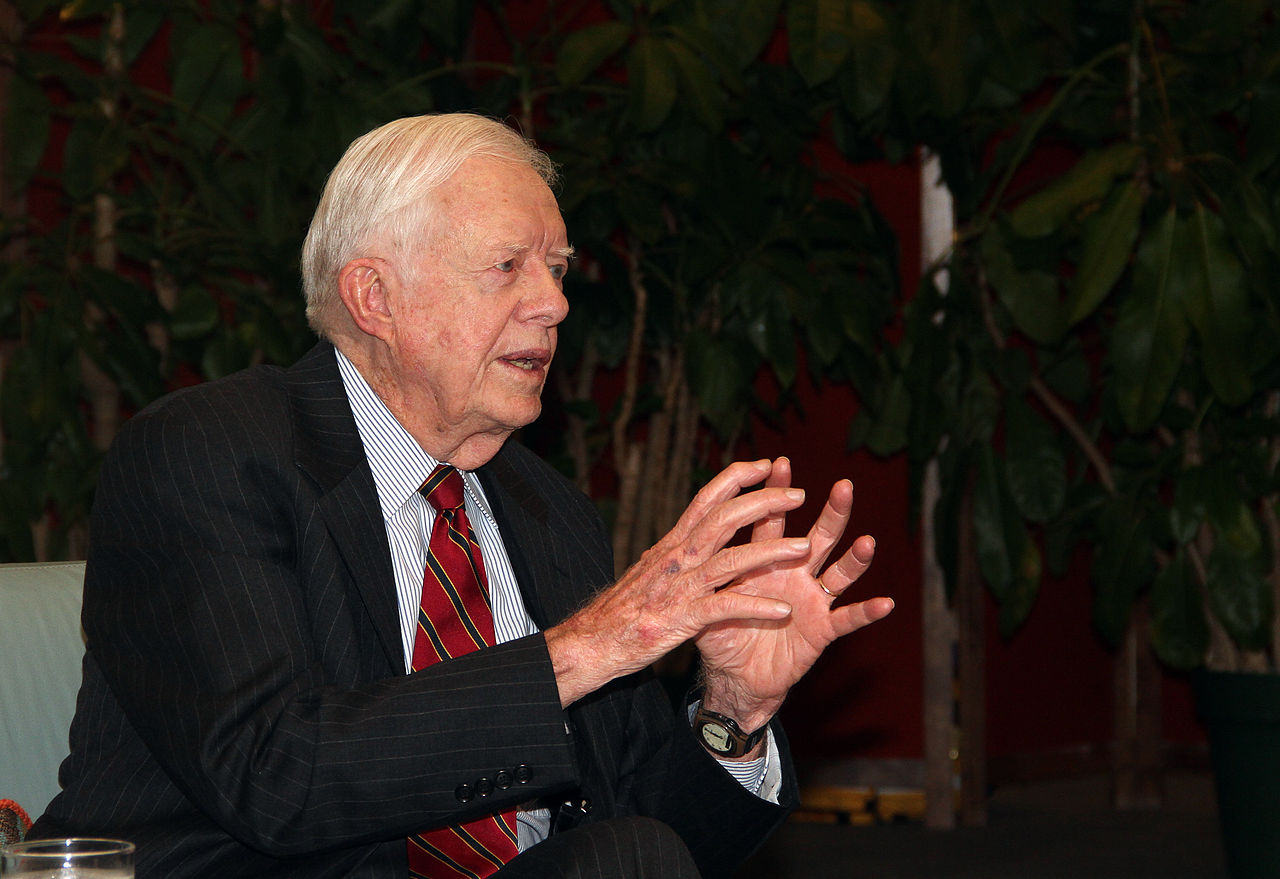Limited Liability
Christian Restorative Justice and Corporate Law
Photograph: The BP Deepwater Horizon explosion and oil spill in 2010. Photo credit: U.S. Coast Guard, Public Domain.
Introduction
Limited liability in corporate law first originated explicitly in Great Britain, and British evangelicals opposed it on the grounds that it was theft. Adam Smith also considered it, in the form of the joint stock company, and rejected it on the grounds that it turned the corporation into a legal instrument by which everyone simply used as a cover to extract more money from economic activity.
For a highlight about the practical downsides and moral problem with limited liability, see the video clip below, which comes from our 2019 Conference: Healing Atonement.
Other Resources on Corporate Law: Limited Liability and “Externalities” Imposed on Land and People (From Mid-1800’s)
Wikipedia, Santa Clara County v. Southern Pacific Railroad Co. (Wikipedia) the 1886 Supreme Court case that counted corporations as "persons" under the Fourteenth Amendment
Dodge v. Ford Motor Company 1919 (Wikipedia). This a case in which the Michigan Supreme Court held that Henry Ford had to operate the Ford Motor Company in the interests of its shareholders, rather than in a manner for the benefit of his employees or customers.
The Corporation, a documentary about the history of corporations and the problems we have with them
Why We Fight, a documentary about the corrupting ties between the U.S. military and corporations
Center for Economic and Policy Research (CEPR) website
Boyd Hilton, Age of Atonement: The Influence of Evangelicalism on Social and Economic Thought, 1785-1865. Clarendon Press | Amazon page, Jan 1992. Invaluable for a history of how British evangelicals opposed "limited liability" on the grounds that it was not full responsibility
Rachel Maizes, Limited Liability Companies - A Critique. St. John's Law Review, Summer 1996.
The Economist, The Key to Industrial Capitalism: Limited Liability. Economist, Dec 23, 1999. an excellent summary (pdf format)
Philip Mattera, The Buck Doesn't Stop Here: The Spread of Limited Liability Companies. Corporate Research Project, Sep 2002.
Dan Plesch and Stephanie Blankenburg, Corporate Rights and Responsibilities: Restoring Legal Accountability. University of London Centre for International Studies and Diplomacy School of Oriental and African Studies, 2007.
Larry Elliot, Plc: Prerogative of the Unaccountable Few: Adam Smith Argued for Free Trade and Self-Interest, But Not This Kind of Capitalism. The Guardian, Jul 8, 2007.
Dan Plesch and Stephanie Blankenburg, How to Make Corporations Accountable. The Institute of Employment Rights, Jul 2008. A pamphlet
David Harvey, The Crises of Capitalism: "Capitalism Never Solves Its Crises; It Moves Them Around Geographically". Geography Video, Apr 26, 2010.
Marie-Laure Djelic, When Limited Liability Was (Still) An Issue - Conflicting Mobilizations in Nineteenth Century England. ESSEC Business School, May 2010.
Cambridge Journal of Economics, Corporate Accountability and Legal Liability: On the Future of Corporate Capitalism. Cambridge Journal of Economics, Sep 2010.
Stephanie Blankenburg, Dan Plesch, and Frank Wilkinson, Limited Liability and the Modern Corporation in Theory and in Practice. Cambridge Journal of Economics, Sep 2010.
Thom Hartmann & Sam Sacks, A Wall Between Corporation and State. Truthout, Nov 15, 2012.
David Roberts, None of the World's Top Industries Would Be Profitable If They Paid for the Natural Capital They Use. Grist, Apr 17, 2013. See also Cornell University, Energy Policy: Trying to Avoid a Nash Equilibrium. Cornell University.
James Gerken, Are 90 Companies Responsible for Nearly Two-Thirds of Global Warming? Huffington Post, Nov 21, 2013.
Amy Goodman, "We Have to Consume Less": Scientists Call For Radical Economic Overhaul to Avert Climate Crisis. Democracy Now!, Nov 21, 2013.
Jack Russell Weinstein's book Adam Smith's Pluralism: Rationality, Education, and the Moral Sentiments. Yale University Press | Amazon page, Sep 2013. See book review by David J. Davis, Adam Smith, Communitarian. The American Conservative, Dec 19, 2013.
Naomi Lamoreaux & William Novak, Getting the History Right: Tracking the Real History of Corporate Rights in American Constitutional Thought. Slate, Mar 24, 2014.
Patrick Deneen, Even if Hobby Lobby Wins, We Lose. The American Conservative, Mar 25, 2014. See also John Oliver, Hobby Lobby. Last Week Tonight, Jun 30, 2014. On whether the “corporation as person” principle should be taken so far as to view the corporation as a Christian person with religious objection to funding contraception, abortion, etc.
Adrian Parr, The Wrath of Capital: Neoliberalism and Climate Change Politics. Columbia University Press | Amazon page, Sep 2014.
Religion & Ethics News Weekly, B Corp Business Ethics. WGBH, Oct 31, 2014.
Sandy Dechert, Wall Street: It's Not Nice to Fool Mother Nature With Zero-Sum Externalities. Clean Technica, Aug 25, 2015.
Christopher Wright, Daniel Nyberg, Climate Change, Capitalism, and Corporations: Processes of Creative Self-Destruction. Google book, Sep 30, 2015.
Juan Francisco Salazar, Buen Vivir: South America’s Rethinking of the Future We Want. The Conversation, Jul 23, 2015. See also Richard Fatheruer, Buen Vivir. Heinrich Boll Foundation, 2011. About Bolivia's Constitution giving rights to land
Michael Hobbes, The Untouchables: Why It's Getting Harder to Stop Multinational Corporations. Foreign Policy, Apr 11, 2016.
George Monbiot, Neoliberalism - The Ideology at the Root of All Our Problems. The Guardian, Apr 15, 2016.
Greg Ip, The Case for Free Trade is Weaker Than You Think. Wall Street Journal, Apr 11, 2016.
Matjaz, UN Report Finds Almost No Industry Profitable If Environmental Costs Were Included. Films for Action, Apr 22, 2016.
Paul Barrett, Why White Collar Crime Is Here to Stay. Bloomberg Business, Aug 2, 2016. Largely about corporate limited liability.
Adam Winkler, 'Corporations Are People' Is Built on an Incredible 19th-Century Lie. The Atlantic, Mar 5, 2018. “How a farcical series of events in the 1880s produced an enduring and controversial legal precedent”
Rodney Foxworth, Do Good by Giving Up More: A Vision of Restorative Investing. Medium, Nov 26, 2018. "We live in an urgent time: duopolies and monopolies greatly suffocate the growth of small, local businesses; tax policy overwhelmingly favors the wealthy; corporate subsidies remain a lynchpin in economic development efforts; and the racial wealth gap continues to grow exponentially. Systems changing ideas and beliefs are needed to confront today’s economic challenges”
Brad Plumer and Blacki Migiozzi, How to Cut U.S. Emissions Faster? Do What These Countries Are Doing. New York Times, Feb 13, 2019.
Daniel McGraw, Toledo Wants Local Control to Save Lake Erie. The American Conservative, Feb 28, 2019. On the idea of giving Lake Erie legal rights to defend environmental health
Samantha Bee, The Sackler Family, Purdue Pharma, and the Opioid Crisis. Full Frontal, Mar 6, 2019. Not Bee's original title, but a good expose of the health care industry, flaws in corporate law, and liability
Brian Tyler Cohen, Ocasio-Cortez Calls Out Drug Exec to His Face in Brilliant Speech. Brian Tyler Cohen, May 16, 2019. Shows how Gilead rests on publicly held patents and research, yet privately profits at public expense; thus Gilead charges $1700 in the US and $8 in Australia
David Pakman, Ethical Billionaire Destroys CNBC Clowns. The David Pakman Show, Oct 17, 2019. An interview with Marc Benioff, CEO of Salesforce, on stakeholder vs. exclusive shareholder capitalism, expanding corporate responsibility with new economic metrics.
Walt Bogdanich and Michael Forsythe, McKinsey Proposed Paying Pharmacy Companies Rebates for OxyContin Overdoses. New York Times, Nov 27, 2020. See also Saagar Enjeti and Ryan Grim, Docs Reveal How McKinsey Worked To Addict Millions To Opioids. Rising | The Hill, Nov 30, 2020. Purdue Pharma, CVS, and McKinsey Consulting quantified the increase in people becoming addicts.
Krystal Ball and Saagar Enjeti, Tyson Food Managers Bet Money On How Many Workers Would Get COVID. Rising | The HIll, Dec 22, 2020. What a “corporate liability shield” would mean during the pandemic.
CNBC, Behind The Corporate Bond Market's $10.5 Trillion Debt 'Bubble'. CNBC, Mar 12, 2021. Definitions of key terms; dangers of junk bonds; the bond market is bigger than the stock market by multiples; risks of inflation’s impact on debt; zombie companies.
Trevor Noah, How Companies Use Bankruptcy to Avoid Liability. The Daily Show, Nov 5, 2021. Features the Johnson & Johnson lawsuits because of asbestos in their baby powder (including intentional marketing to black women, despite knowing about the asbestos); Purdue Pharma and its thousands of lawsuits; the Roman Catholic Church’s claim of bankruptcy. Rep. Katie Porter (D-CA) explores changing bankruptcy law.
Anderson Cooper, See Alex Jones’ Reaction When Mom Confronts Him With the Truth About Her Son. CNN, Aug 2, 2022. In court, Jones kept shaking his head, denying parents of children killed at Sandy Hook. Meanwhile, Jones is using bankruptcy laws and “a web of LLCs” to shield himself from liability.
Krystal Ball, Bombshell: East Palestine Sacrificed for Profit. Breaking Points, Jun 26, 2023. The controlled burn was expedient for the company but not necessary for safety, yet the chemicals poisoned a whole community.
How Money Works, The Deadly Monetization of Nursing Homes. How Money Works, Feb 10, 2024. How profit-maximizing by private equity leads to immoral service providing.
How Money Works, Maximizing Shareholder Value. How Money Works, Feb 19, 2024. This presentation argues that maximizing shareholder value is self-defeating and bad for corporate long-term health, leading to immoral and illegal decisions.
David Sirota and Riccobene, Trump Just Limited Your Payout For Airline Mishaps. The Lever, Feb 20, 2025. Government officials paused a rule allowing passengers to get higher compensation when airlines mishandle their luggage or bump them from flights.
Corporate Law: Topics:
These resources on Corporate Law and Governance follow a roughly chronological order related to when these issues came up in United States history: Limited Liability and Externalities; Monopoly and Antitrust; Regulation; Taxes and Loopholes; American Imperialism.
Christian Restorative Justice, Business, and Economics: Topics:
This section on Economics includes the following pages: Economics Metrics identifies and critique the metrics we use. Public-Private Partnerships defends government involvement as a permanent fixture of economic growth, historically and philosophically. Environment examines many aspects of conservation, climate change, sustainability, and human health. Taxes examines models of taxation, claims by adherents, and effects. Housing Policy highlights how housing should be considered a human right, with better planning, zoning, and accountability. Corporate Law examines monopoly, limited liability, regulation, and other features of business law. Labor highlights the importance of labor over capital investment. Automation examines the impact on people and communities. Wealth Inequality and Power Inequality track the historical ups and downs, along with the ideologies used to justify them. Media examines media companies as economic and political agents, especially rightward media.
Christian Restorative Justice Critique of the Right: Domestic Policy Topics:
This page is part of our section Critique of the Right, which engages the following topics: Banking and Finance examines the economic and political power of financial institutions; Bioethics discusses abortion policy; Business and Economics examines economic theories, taxes, housing, environment, corporate law, labor law, automation, and inequalities of wealth and power; Civil Unions makes the Christian case for civil unions for all and removing marriage from the culture wars; Criminal Justice examines crime statistics and definition, policing, prosecution, sentencing, prisons, and reintegration; Education examines public education and conservative resistance to it; Environment and Health highlights the many challenges we face related to animals, climate change, food, and health systems; Government Corruption spotlights political compromises and dealings contrary to the public good; Gun Rights examines gun policies and rhetoric; Media spotlights failures of, and possible fixes to, left-wing or left-leaning media; Power and Politics highlights the impact of racial considerations and racism on political campaigns, voting rights, public investments, and other political procedures; Race examines the impact of white supremacy on virtually every aspect of American life.



